CUSTOMER

The behavior towards the internet has also changed massively among pharmacy customers in the last five years: from simply querying medical knowledge using the research function, today it is more and more about making contact with a user community and, above all, about special medical problems and to question their therapy or prevention in a targeted manner and, in some cases, to treat them using health or even medical apps. This means that communication and cooperation on medical issues through to digital health applications are becoming increasingly important. Just like the accompanying therapies, which include food, relaxation techniques and exercise. These subject areas offer both the possibility of optimized therapy and improvement of therapy adherence as well as a unique customer loyalty channel for the pharmacist to the patient at home.
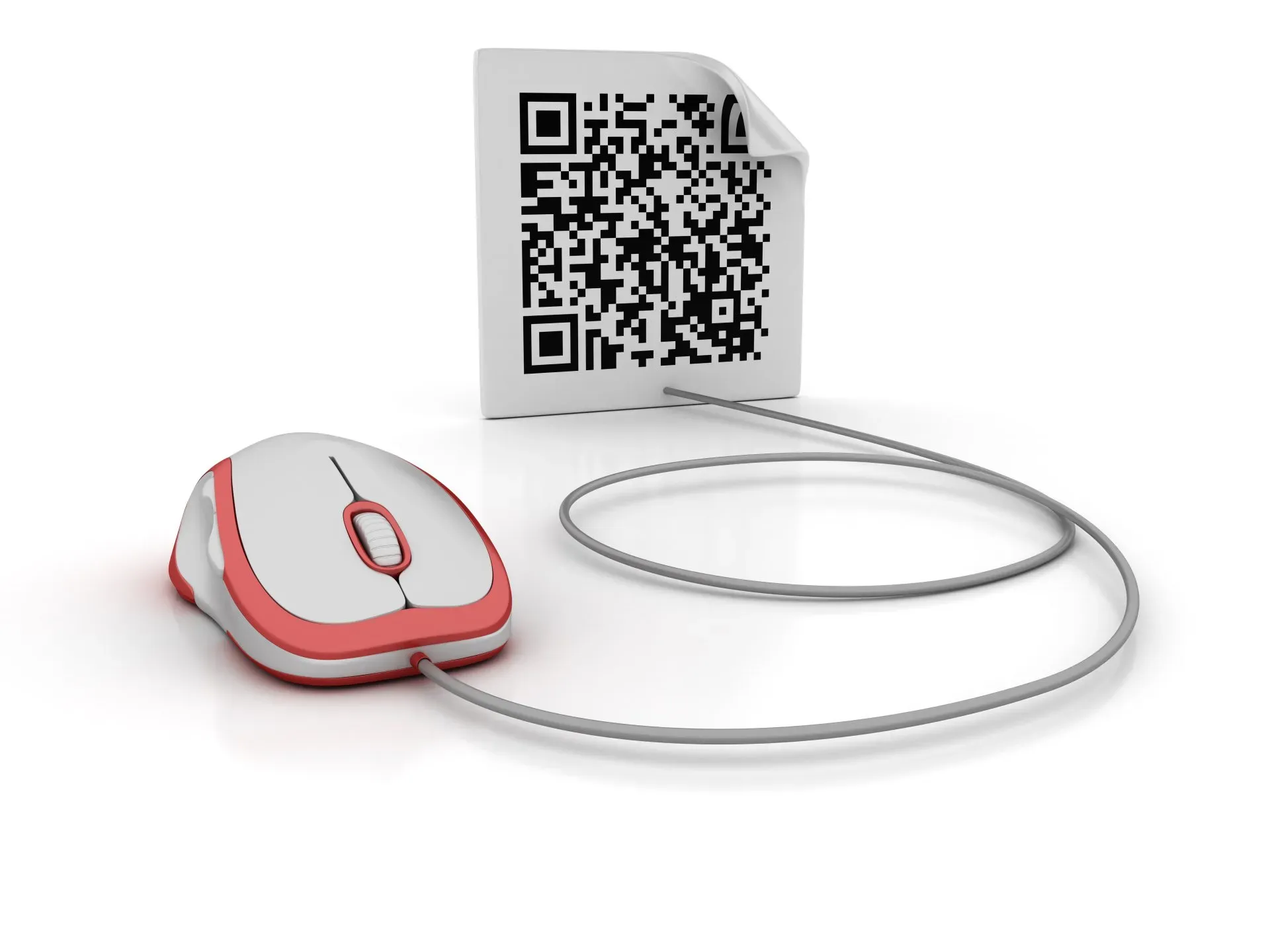
The term "adherence" replaces the now outdated term "compliance". "Compliance" described "adherence to therapy", i.e. the fact that patients have to follow the doctor's instructions for the therapy to be successful, in the sense of a meanwhile outdated paternalistic doctor-patient relationship. Adherence describes the extent to which the patient adheres to the rules of conduct discussed together with a doctor, which are necessary to achieve the jointly defined therapy goal. The patient's adherence plays an essential role in practically every form of medical therapy and can be significantly supported by smart tools of the mediQResponse platform, starting with the reminder function for taking medication to support through diet, exercise and stress management programs.
Lived adherence becomes as commonplace as eating and drinking
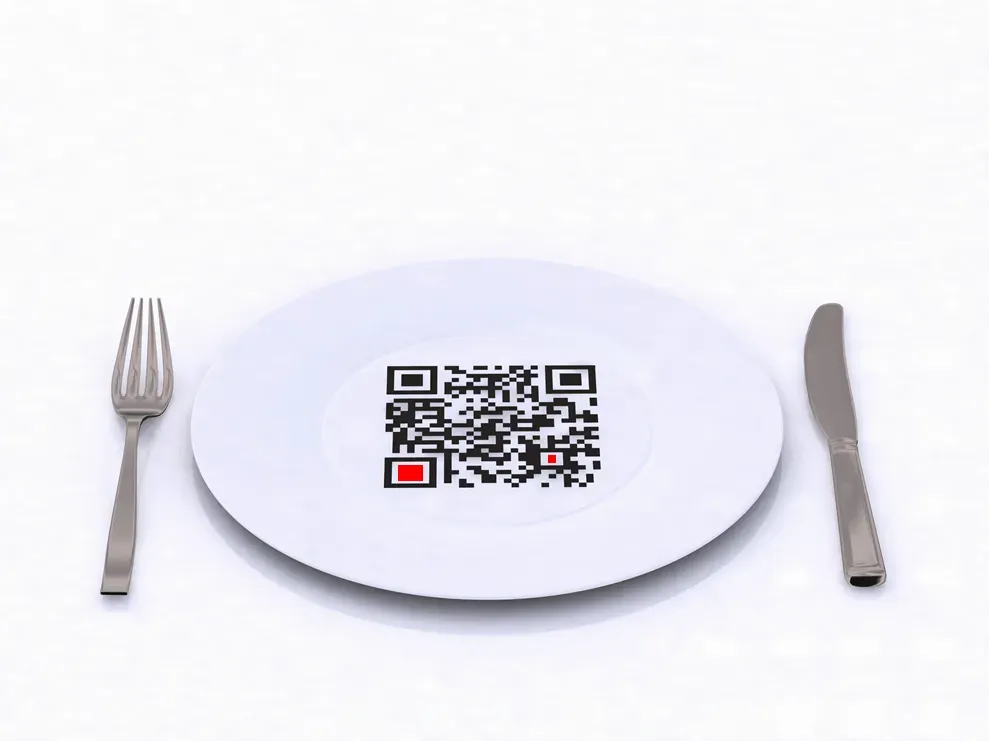
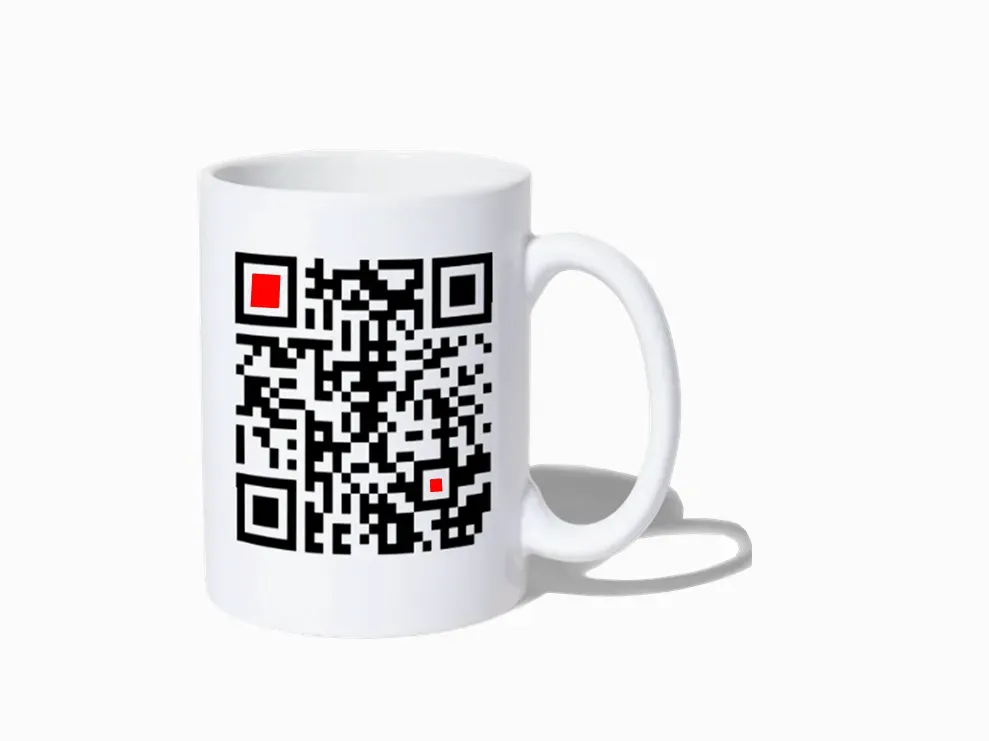
Patient adherence plays an essential role in almost every type of medical therapy, be it the treatment of chronic or acute diseases, surgery or preventive measures. Even with the pure drug therapy of many diseases, sometimes only about 50 percent of the drugs are taken correctly. Only medication that is taken regularly and in accordance with the approval can achieve the desired effect. What sounds banal is, however, a massive problem in everyday pharmaceutical care, causes considerable costs and can have a detrimental effect on the quality of life of the patients concerned. The aim of the adherence measures is therefore to make it easier for the patient to stick to the recommendations made together with the doctor and thus achieve better therapy success in the future.
Patients with chronic diseases in particular often show poor adherence in the form of poor adherence to intake or application. Digital solutions can provide visible improvements here, starting with the electronic medication reminder function through to the digital transfer of knowledge about the disease and therapy. These solutions from the mediQResponse platform offer stationary pharmacies in particular a good opportunity to get involved in the therapy monitoring of their regular customers. The patient, for his part, benefits from better drug therapy success. Especially when the information and reminder functions are accompanied by indication-specific modules for daily diet, exercise and relaxation programs.
Chronobiology, Relax, Diet & Sport
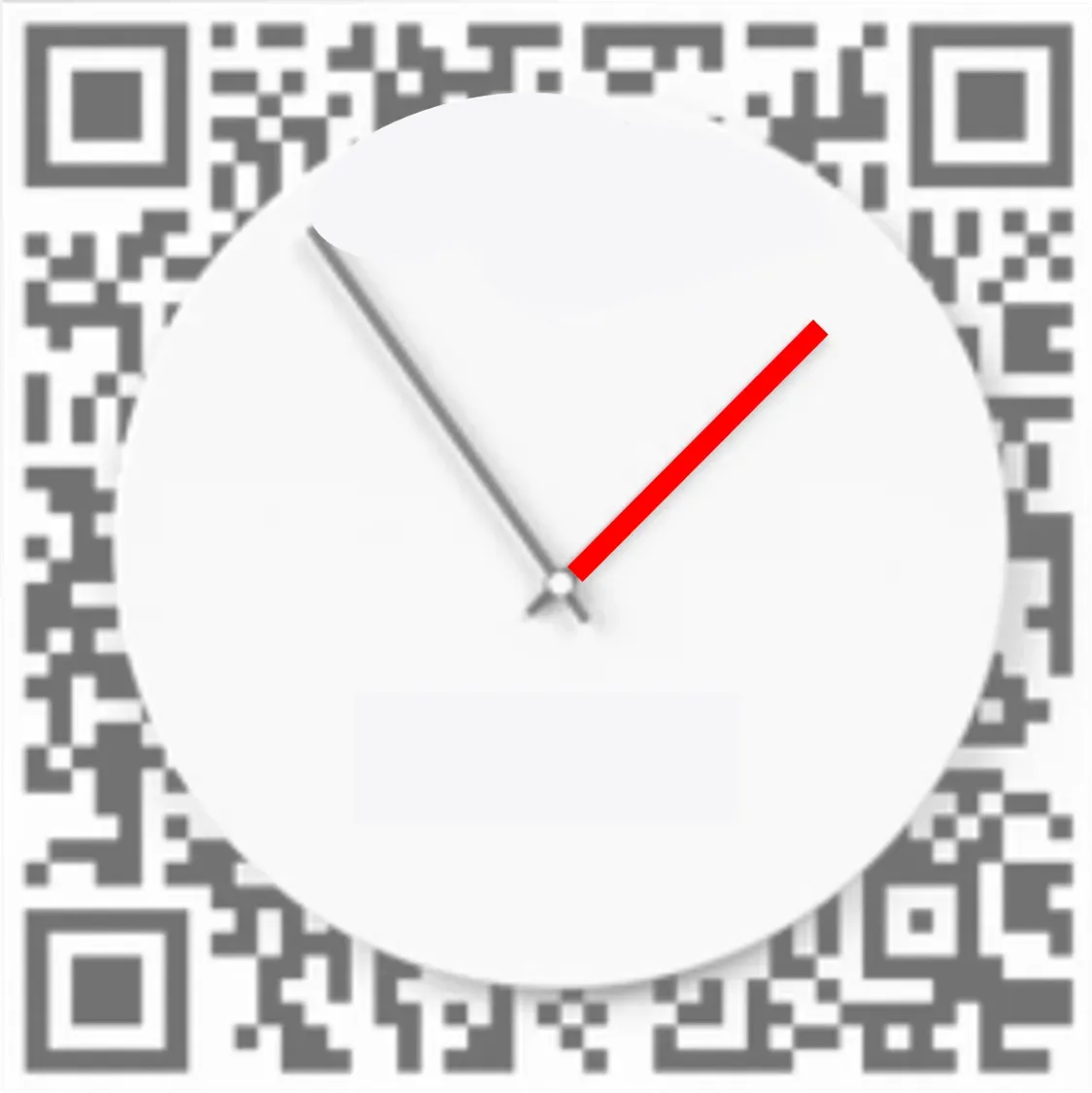
In chrono pharmacology, the rhythmically changing sensitivity of the target organ systems is taken into account and attempts are made to use the right medication at the optimal time. A time-dependent effect has already been demonstrated for more than 100 drugs. Unlike most medication reminders, the mediQResponse platform not only reminds patients to take their medication or dietary supplements regularly, but also at the chronobiologically optimal time.
According to the biopsychosocial model, psychosocial influences also affect the genesis and course of physical illnesses. Chronic stress plays a major role alongside anxiety and depression. It has long been scientifically proven that musculoskeletal complaints in particular are influenced by typical psychological processes, as are diseases of the digestive, nervous, cardiovascular and immune systems. Relaxation methods can help you manage stress better. Many relaxation techniques can be carried out at home with the help of the instructions on mediQResponse.

Diet-related diseases can be influenced by diet both in their development and in their progression. The most important diet-related diseases include overweight/obesity, elevated blood lipid levels, various heart and vascular diseases such as high blood pressure, type 2 diabetes and osteoporosis. But also gout, cirrhosis of the liver, tooth decay, food intolerance and allergies, certain oncological diseases and rheumatoid arthritis. Diet plans for important diet-related diseases support patients on the mediQResponse platform.
.

.
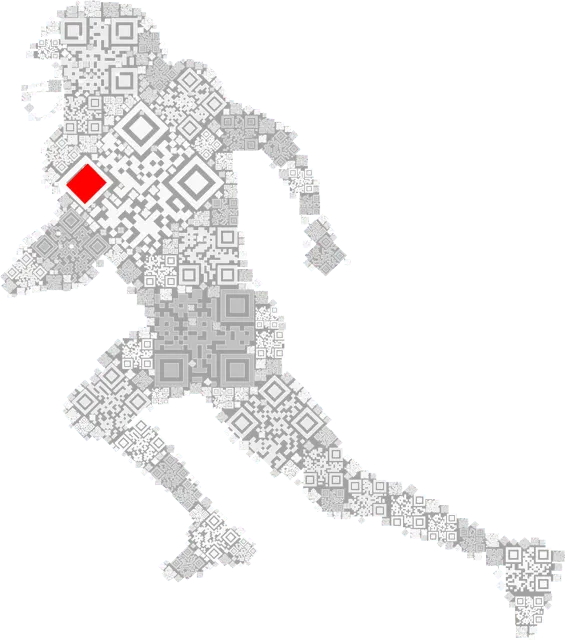
The effectiveness of yoga exercises as an adjunctive therapy for fatigue syndrome, lymphedema, anxiety, depression, stress, pain or sleep disorders has been scientifically proven by a large number of studies. Even the effectiveness of yoga as an accompanying procedure in cancer therapy has been proven. Examples include the yoga courses developed on this basis by the City of Hope, Los Angeles and the Berlin Charité. Yoga works not only with physical exercises, but also with breathing techniques and meditation and thus represents an intersection between the areas of relaxation and sport.


